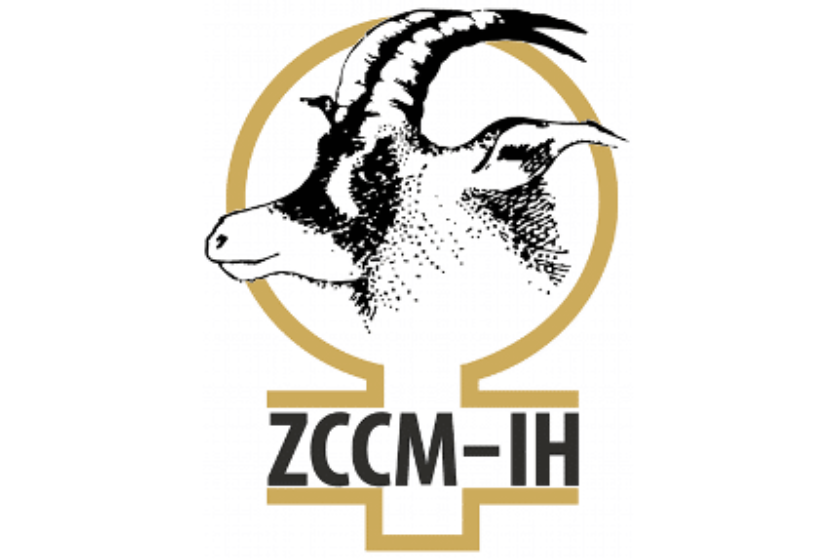Opening remarks by Dr. Pius C. Kasolo, Chief Executive Officer, ZCCM Investments Holdings Plc, at the Inaugural Launch Workshop on “Towards Demand Driven Teaching in Uganda & Zambia”, at the Cresta Golf View Hotel, Lusaka on 16 February 2016
- The Honorable Minister of Higher Education, Science & Vocational Training, Dr Michael Kaingu
- Your Excellency Ambassador Bernd Finke, Germany High Commissioner to Zambia
- The Acting Vice Chancellor, Prof. Enala Mwase
- The ZACCI President, Mr Geofrey Sakulanda
- The University of Siegen Representative, Prof. Hubert Roth
- Distinguished invited guests, ladies and gentlemen
I am pleased to be invited to this very important inaugural workshop of the programme “towards demand driven teaching in Uganda and Zambia”, which will run for four years from this year 2016.
I understand a number of strides closely related to the programme have been made since 2012 such as the establishment of a business university partnership between Zambia and Germany and the setting up of a link desk at the Zambian Association of Chamber of Commerce and Industry.
As ZCCM-IH we will be delighted to be part of, and contribute to such an initiative with efforts aimed at better satisfying the requirements of the job market in the country, particularly, the extractive industry.
Just a bit about ZCCM IH, we have a portfolio of 15 Companies; our exposure to mining forms about 80% to 90% of our portfolio.
Allow me to play a short clip that explains what ZCCM Investments Holdings is about.
(CLIP Duration 3 Minutes 11 Seconds)
You notice from the video that we are ZCCM Investments Holdings Plc, and not “Zambia Consolidated Copper Mines limited” as it were before privatization.
ZCCM is not an acronym, we are an investment holding company and not a mining company.
Ladies and gentlemen,
ZCCM Investments Holdings Plc owes its continued existence, to the mining industry, where, at the moment, virtually all of its investments are held.
Under our corporate social investments, it is the intention of the Company to provide support to such initiatives.
We acknowledge that the shortage of skilled manpower in the mining sector, no doubt has a telling effect on the industry as this may result in losing out on the opportunity of creating a mass of skilled labour that can drive the industrialisation process of the country.
Ladies and gentlemen,
For Zambia to remain and continue being competitive and contribute to economic development, it requires adequate skills that are responsive to job markets.
We therefore see the Germany-Zambia universities partnership as being complementary to efforts aimed at addressing these skills needs, which require industry and training institutions to work together in many ways including curriculum development, provision of student industry placements and other relevant aspects of skill training.
As such, I would like to reiterate ZCCM-IH’s participation in this initiative through making ZCCM-IH experts available to provide the necessary inputs into the development of the curriculum, student attachments at our wholly owned technical subsidiaries, Misenge Environmental and technical services limited in Kitwe, Mawe Exploration and Technical Services Limited in Kalulushi and Ndola Lime Company.
ZCCM-IH will also consider providing financial support towards the universities’ efforts in initiating the establishment of a business technology incubator centre during this programme.
We acknowledge that this intervention will help address the current skills mis-match in the labour market, particularly, the extractive industry.
Ladies and gentlemen,
Thank you for listening.

